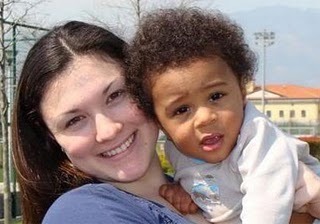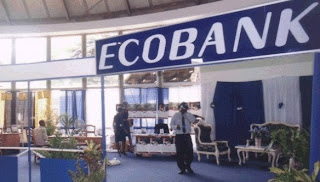
BENGHAZI, Libya (Reuters) - A bomb exploded outside the U.S. diplomatic mission in the Libyan city of Benghazi overnight, an attack that could be retaliation for the killing, in a U.S. drone strike, of al Qaeda's Libyan second-in-command.
An improvised explosive device was dropped from a passing vehicle onto the road outside the mission, in an upmarket area of central Benghazi. It exploded moments after, slightly damaging the building's gate, U.S. and Libyan officials said.
Washington had confirmed a few hours before the attack that a U.S.-operated drone had killed Abu Yahya al-Libi, a Libyan-born cleric and senior al Qaeda operative, in Pakistan.
The U.S. State Department said it had asked Libyan authorities to increase security around U.S. facilities.
"We deplore the attack on our diplomatic mission in Benghazi," State Department spokesman Mark Toner told a news briefing.
Toner said a local guard reported that an attack was underway against one of the Benghazi compound's perimeter walls and warned diplomatic staff to take cover.
The bombing will revive concerns about the lack of security in Libya, where last year Muammar Gaddafi was overthrown in an uprising supported by NATO air power.
The fragile government is still struggling to restore stability after the revolt and arms and explosives looted from Gaddafi's arsenals are easily available.
Toner said Washington was awaiting results from an investigation by the Libyan government, but had no reason to suspect the attack was retaliation for Libi's killing.
Some security analysts disagreed: "The possibility that this act took place because of what happened to Abu Yahya is, in my personal opinion, a very strong one," said Noman Benotman, a Libyan former Islamist who is now an expert on militant groups.
"Al Qaeda loyalists maybe wanted to deliver a message to the U.S. ...to say enough is enough," he said.
MINOR WOUNDS
A spokesman for Libya's interim government - which has allied itself closely with Washington - said that one of the security personnel in the area of the U.S. mission had sustained minor wounds in the explosion.
The street in Benghazi where the diplomatic mission is located was cordoned off on Wednesday. At the embassy building in Tripoli, three security guards were on duty but there was no evidence of any increased Libyan security presence.
A trade mission from the United States was scheduled to hold meetings starting on Thursday in Tripoli and Benghazi. It was not clear if these would now go ahead.
A spokesman for Libya's ruling National Transitional Council, Mohammed al-Harizy, said investigators had leads on who might have carried out the attack, but did not give any details.
Experts on militant groups had predicted that the killing of Libi, described by U.S. officials as a major blow to al Qaeda, would provoke some kind of backlash in his home country.
Though he spent much of his life outside Libya, he was a member of the now-defunct Libyan Islamic Fighting Group, which fought an insurgency against Gaddafi in the 1990s, and his family is well known in Libya.
His brother, Abu Bakr al-Qayed, told Reuters by telephone he knew nothing of the Benghazi attack. Asked if he thought there would be a reaction in Libya to Libi's killing, he said only: "I don't know, but the Muslim is the brother of the Muslim."
Benghazi, Libya's second city, has become a focus for insurgent-style attacks in the past few months, but the overnight attack was the first time a U.S. facility in Libya had been targeted since Gaddafi was overthrown.
On May 22, a rocket-propelled grenade hit the offices of the International Committee of the Red Cross in the city, blasting a small hole in the building but causing no casualties.
A month earlier, a bomb was thrown at a convoy carrying the head of the U.N. mission to Libya.
Underscoring the lack of proper security in Libya, a disgruntled volunteer militia this week occupied Tripoli international airport for several hours, leaving bullet holes in at least one jet and forcing airlines to cancel flights.
(Additional reporting by Hadeel Al Shalchi, Ali Shuaib and Marie-Louise Gumuchian in Tripoli and William Maclean in London; Editing by Rosalind Russell)





